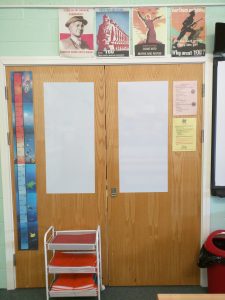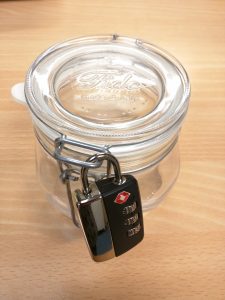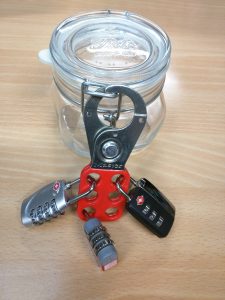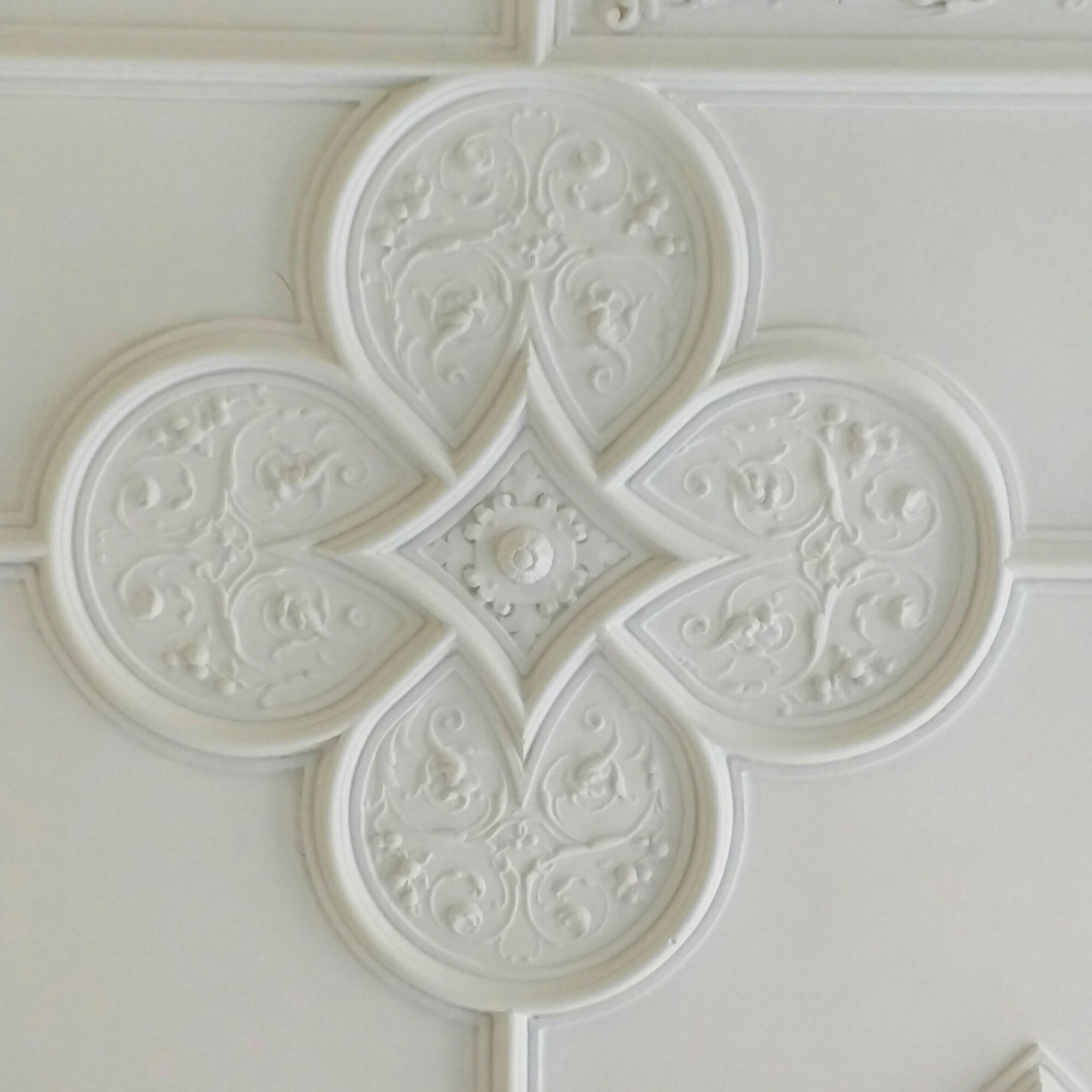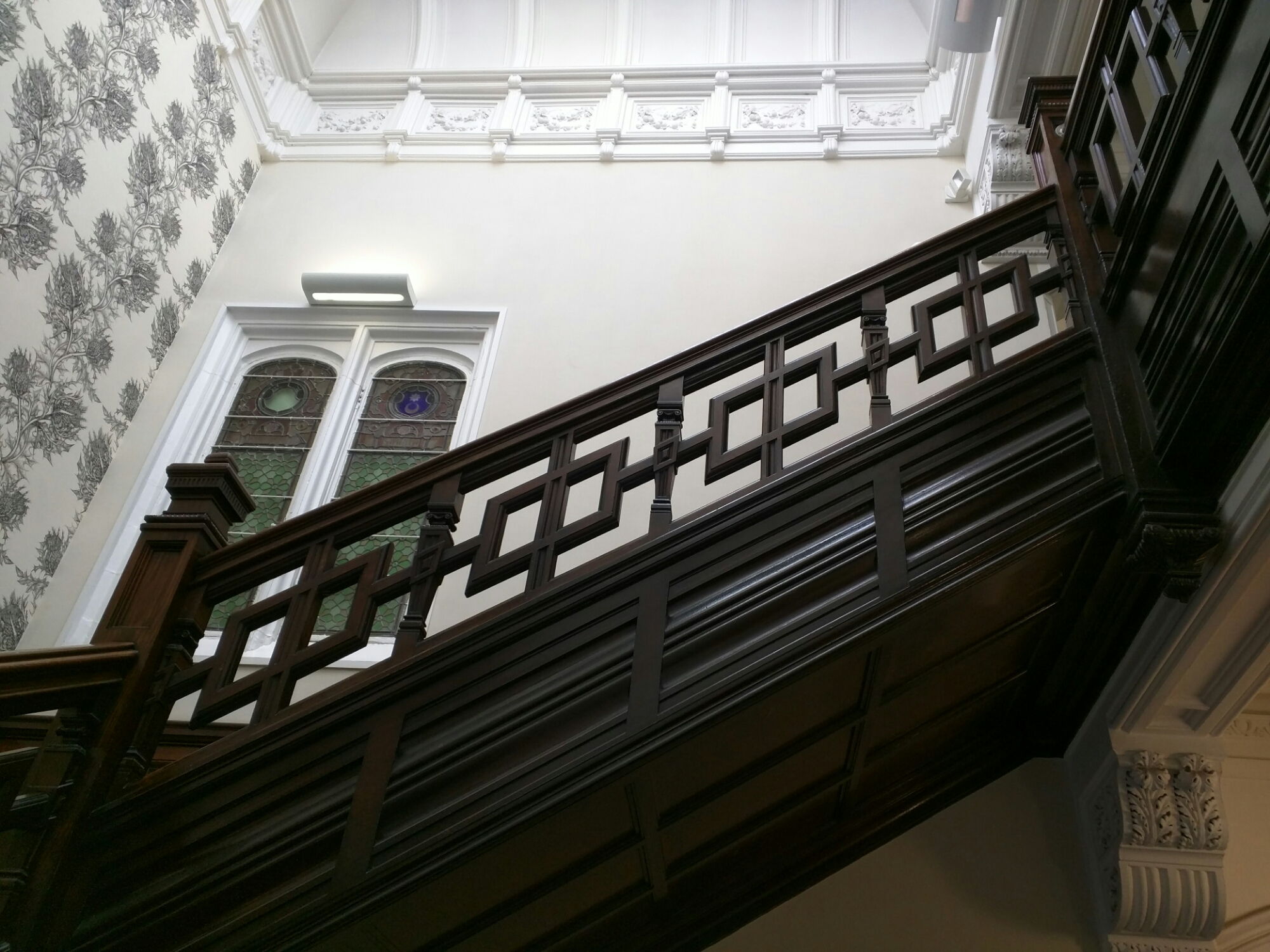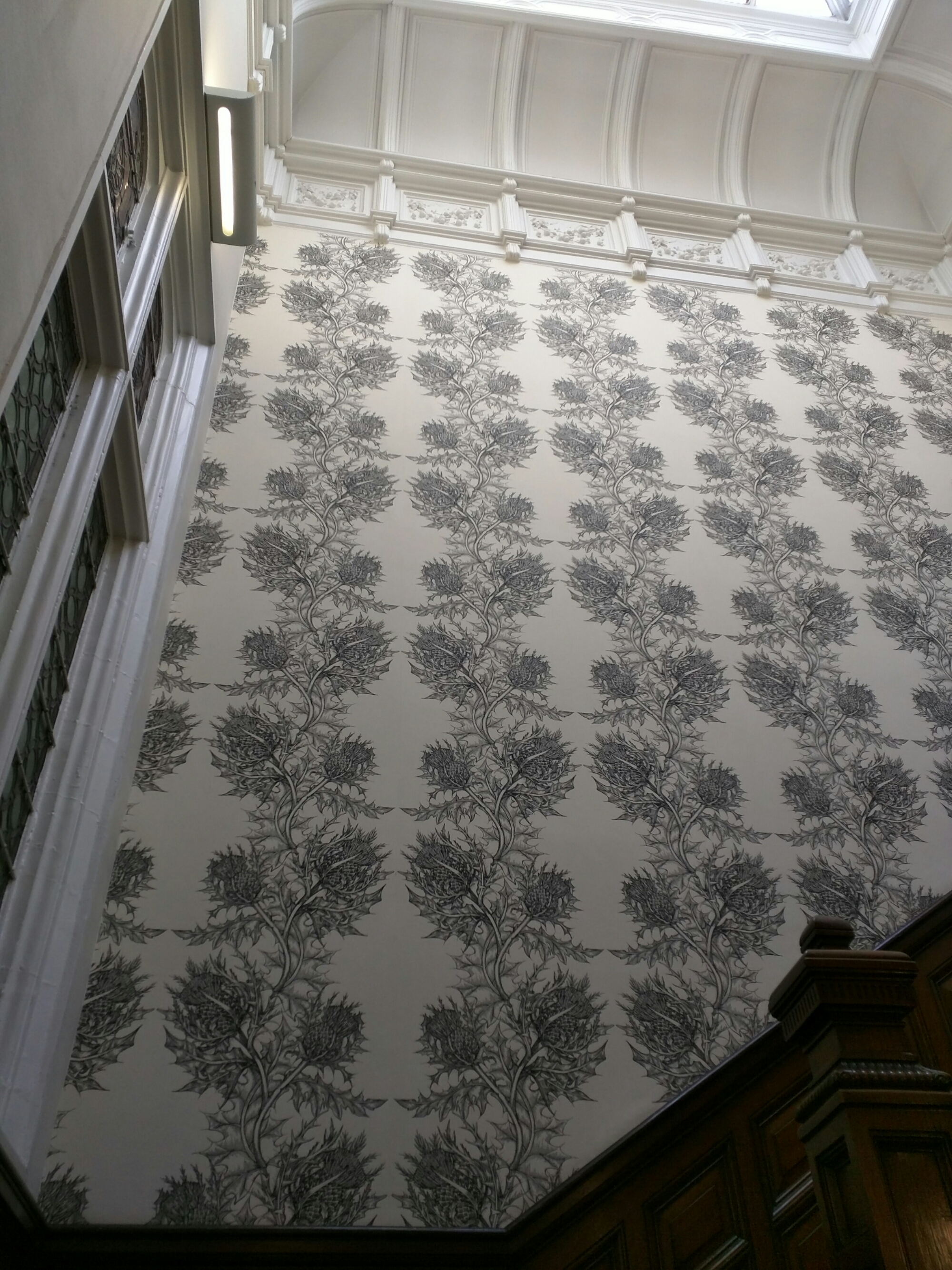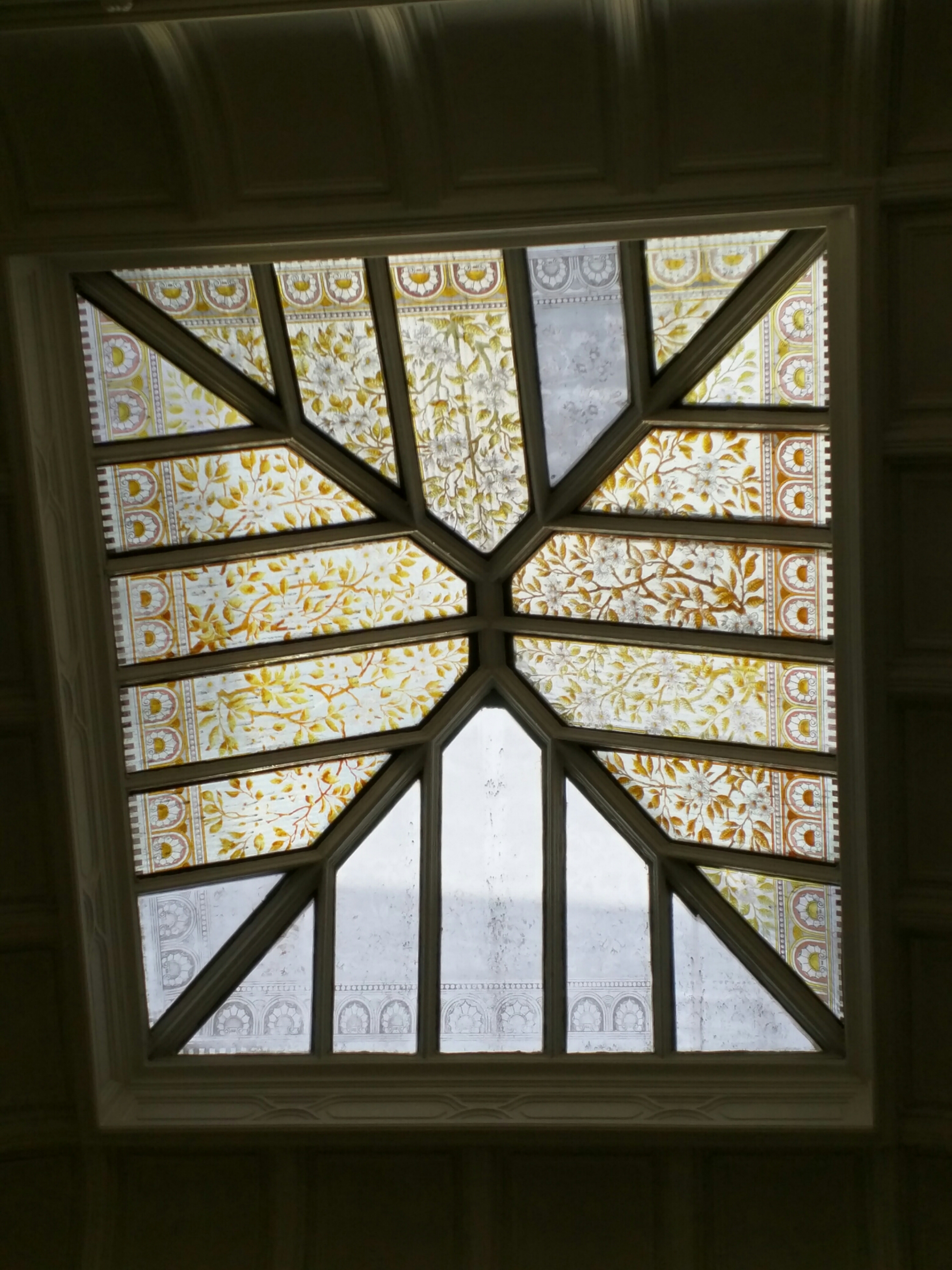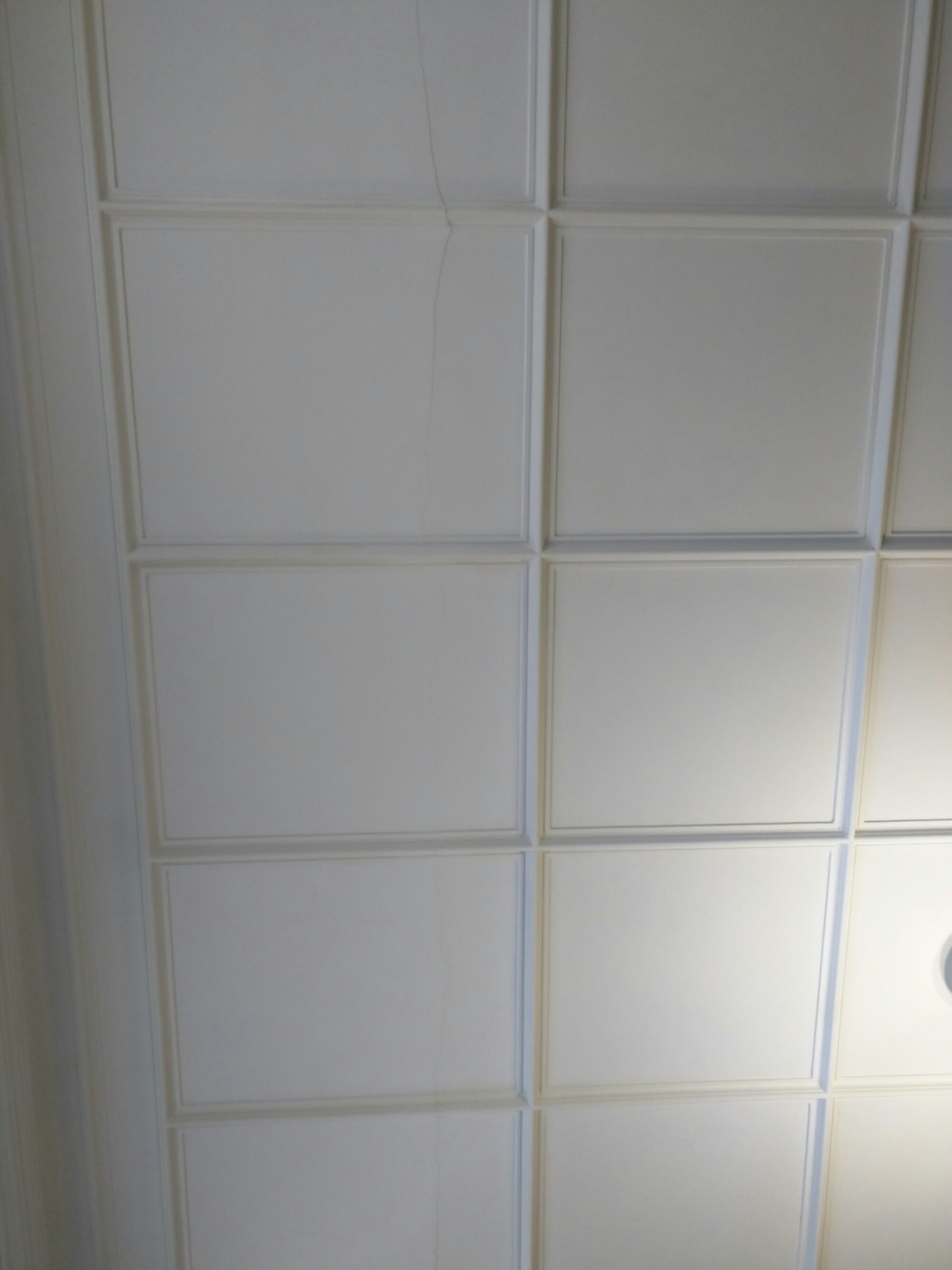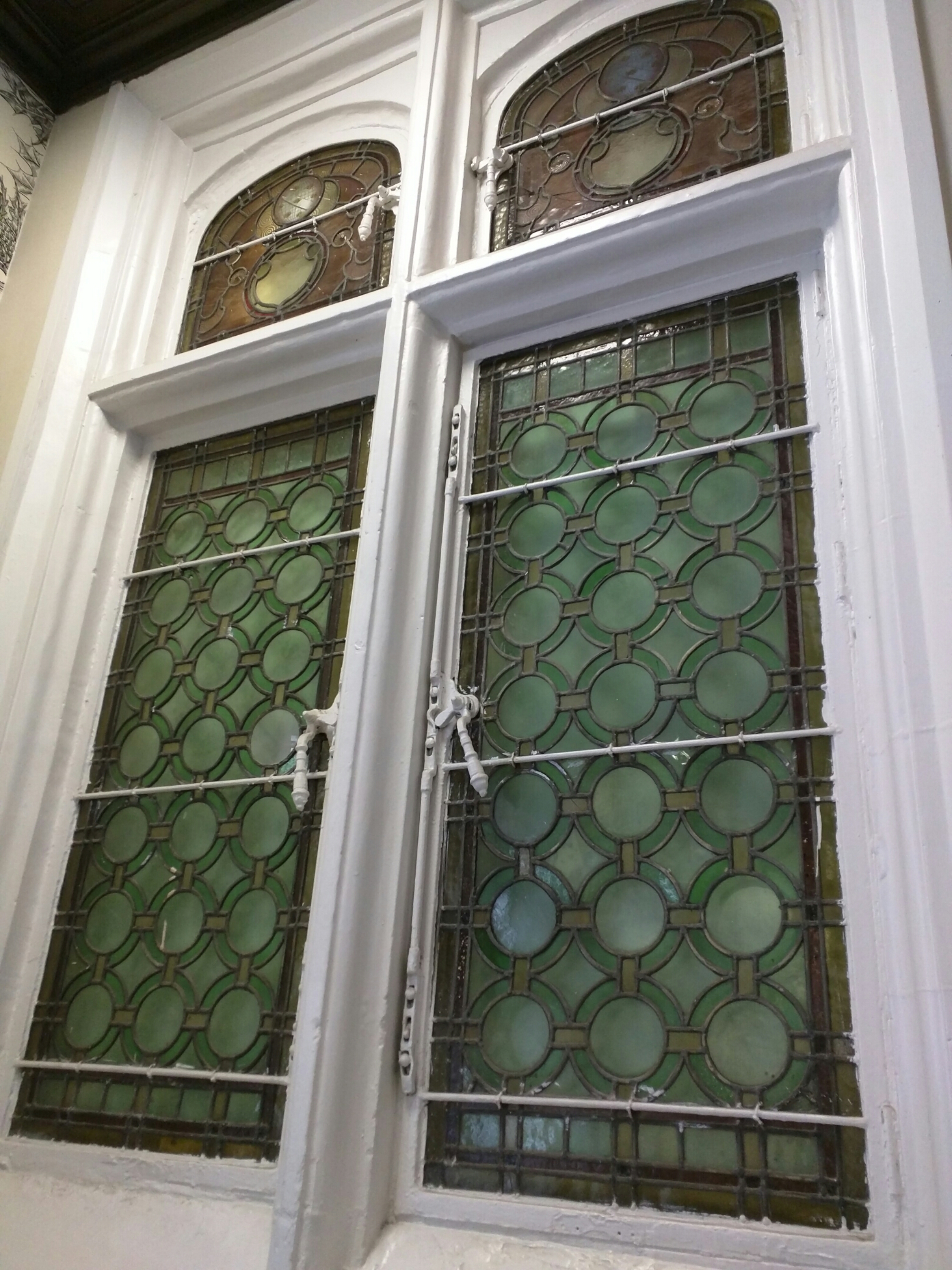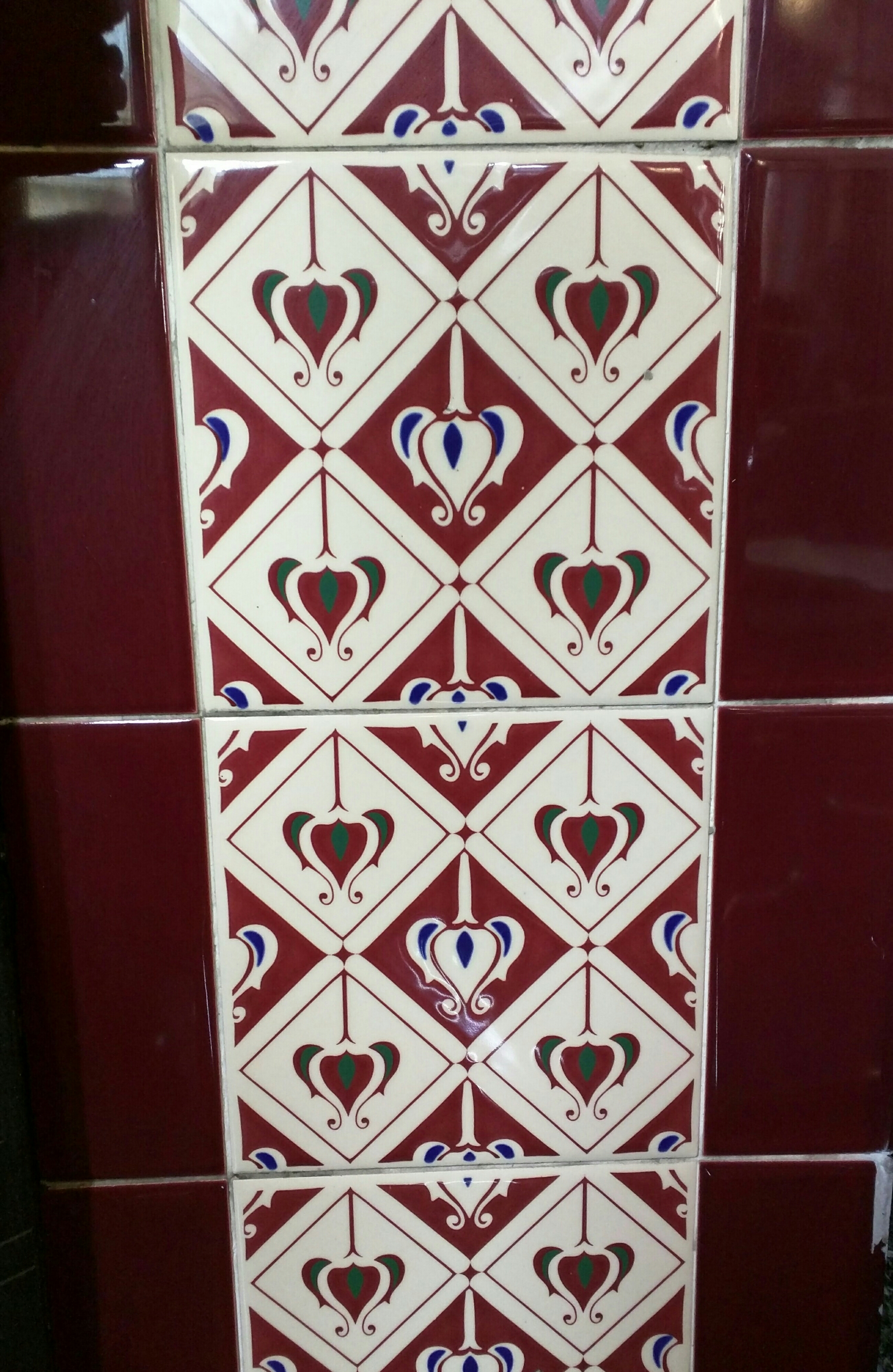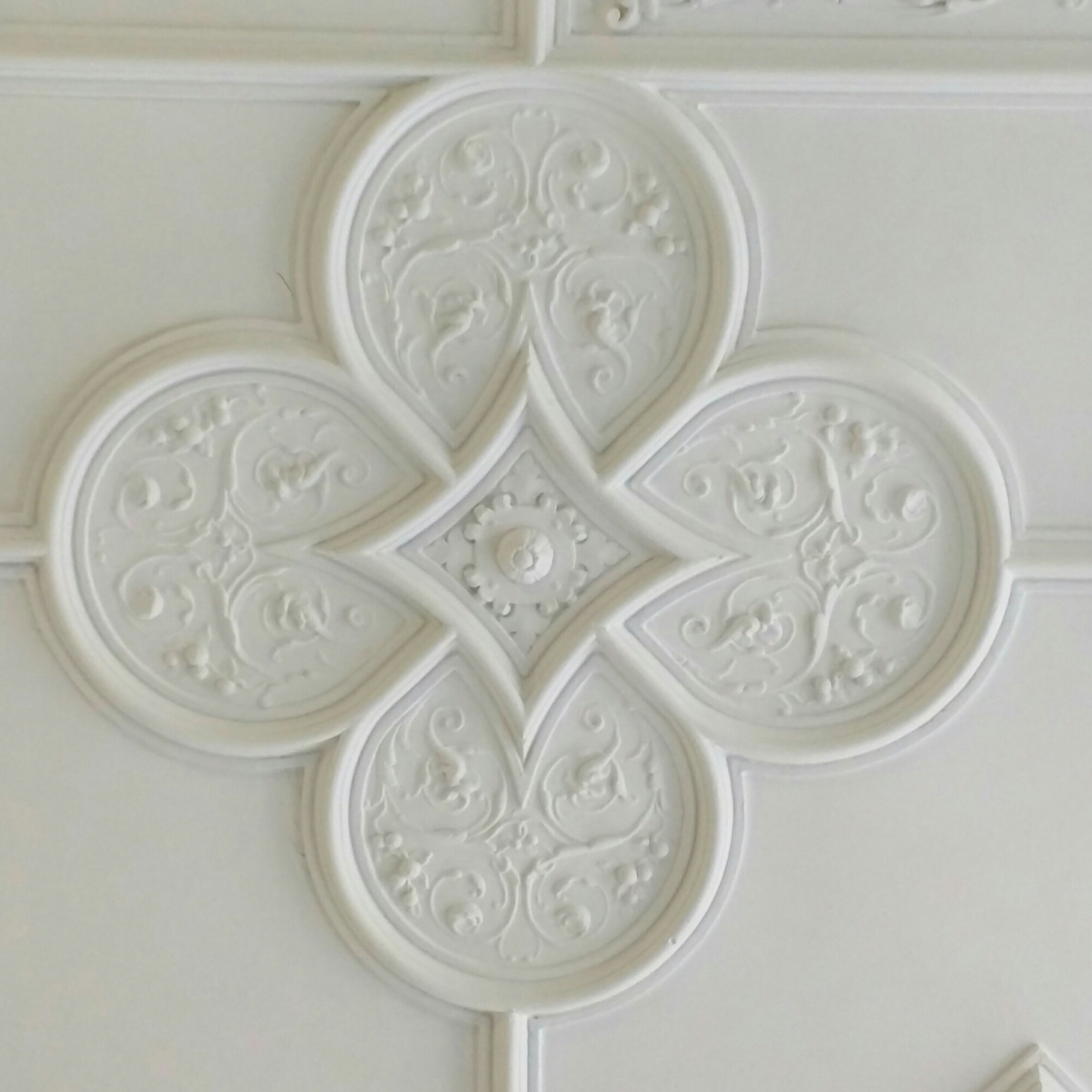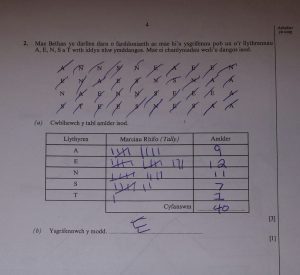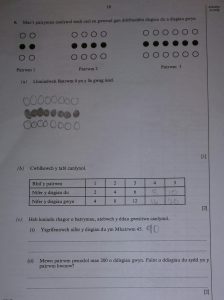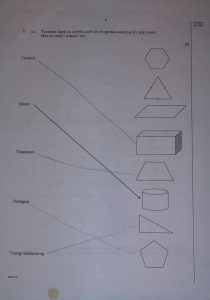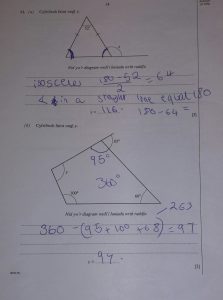Welcome back to school!
I must say your display boards look lovely …
What’s that? You could do with another whiteboard
Why would you need that? They’re not cheap you know!
To help you actually teach? You’ve never needed the space before…
Oh … you have needed the space … you have raised this before …you’re still waiting …
Why didn’t you say! I’ll put you on the list for when we have some spare funds & time
You know the feeling – you could do with more space, but there just aren’t the funds to do anything about it. I initially needed an extra notice board because two form groups were going to use my room. We have a split lunch and I thought it only fair to give the other tutor some space. The idea of those ‘magic whiteboards’ was nice, but they are flimsy and expensive. They’re also pretty useless when you have a rough breeze block wall. Rummaging around Amazon I found some extra thick sticky back whiteboard roll, which was half the price of the ‘magic’ ones. There are a lot of different makes and sizes of roll depending on your needs. I bought a long narrow roll and cut it in half: it fits splendidly on my double doors. The quality is good too, however I think they’ll need a bit more TLC than a heavy duty whiteboard.
So, I’m feeling rather chuffed by my ingenuity when I discover they’ve changed our form rooming and I’m no longer sharing with another form. Nevermind – one board for form notices and one board for homework reminders!
If you like the look of mine it was by Rabbitgoo on Amazon. They are different sizes and prices so I haven’t put a specific link. The description of the one I bought is: Thick Whiteboard Chalkboard Wall Sticker 44.5cm×200cm Thickness:0.18mm

